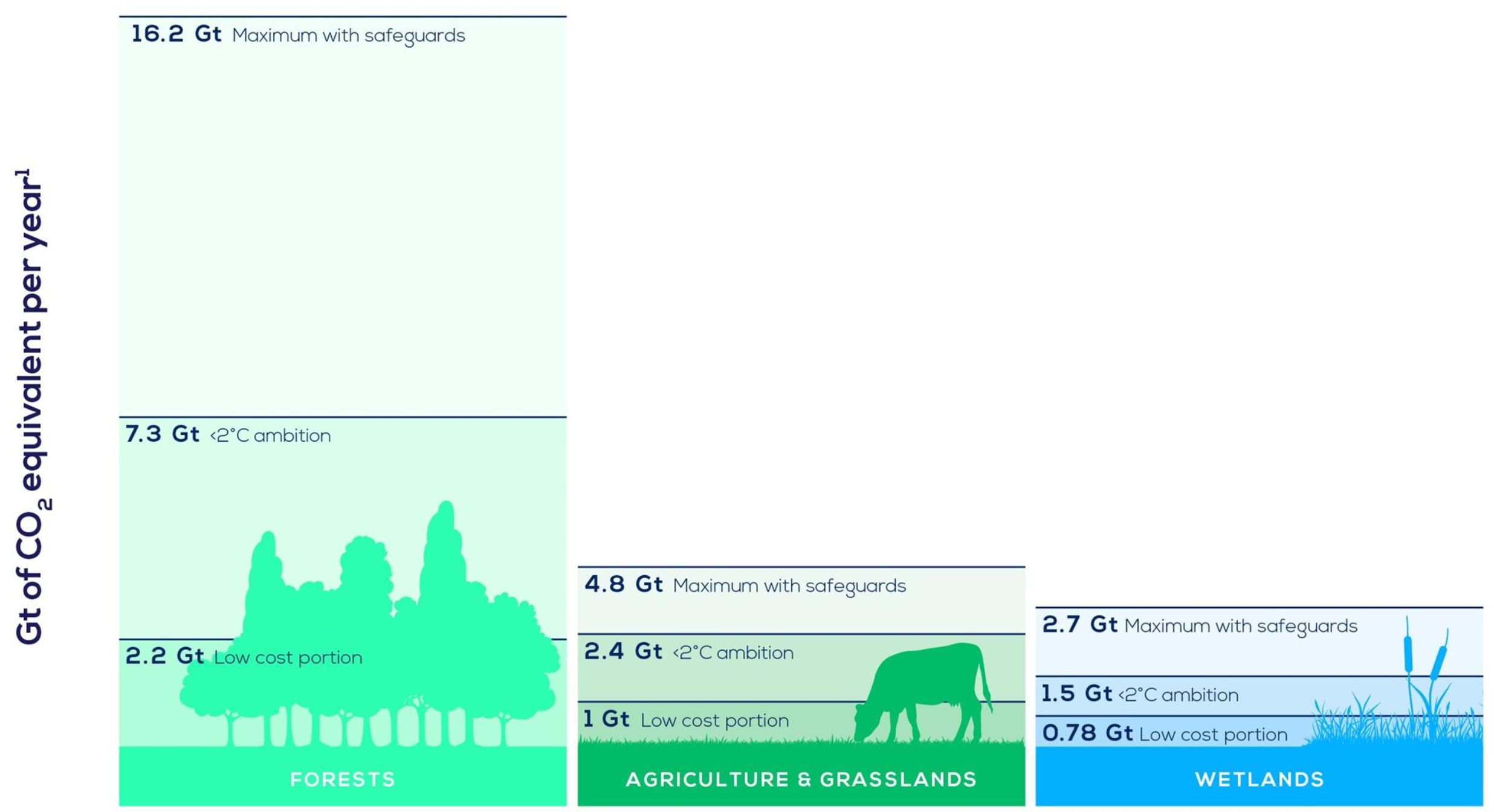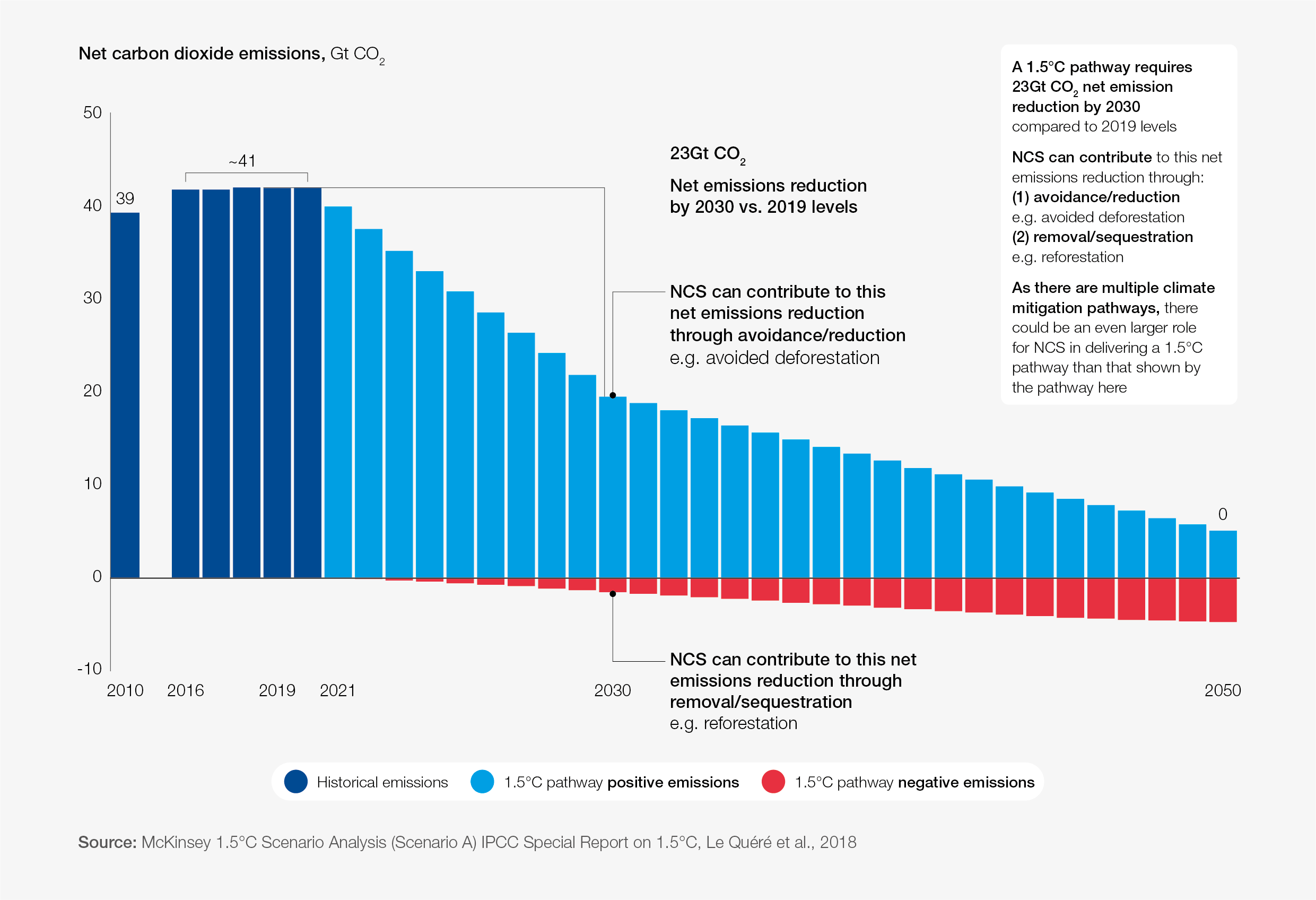How do heatwaves impact economies? 5 climate change stories to read this week

Protecting biodiversity, Indigenous climate solutions and Californian wildfires - here are the latest stories around climate change.
Image: Unsplash/Malachi Brooks
Stay up to date:
Climate Indicators
- This weekly roundup brings you some key climate change stories from the past seven days.
- Top stories this week: The economic impacts of heatwaves; Biodiversity's economic potential in South-East Asia; Indigenous solutions to wildfires; Data centres and the circular economy; Californian cost of wildfires.
1. The impact of heatwaves on the economy
Global warming is causing heatwaves to become increasingly common around the world, with Australia recording its hottest day earlier this year with a temperature of 50.7C on its western coast, while the UK did the same just this week.
Outside of the health risks to humans, heatwaves can also hurt economies. The International Labour Organization predicts that by 2030, heatwaves could reduce the number of hours worked globally by more than 2%. This translates to a cost of $2.4 trillion to the global economy.
Read more on how heatwaves have an economic impact on the world.
2. How South-East Asia can generate $2 trillion a year by protecting nature
A new study from the Academy of Sciences Malaysia finds that a $10 billion investment in the region's forests and seas today - rising to $46 billion by 2030 - could result in benefits equivalent to $2.19 trillion a year.

This study comes in time for COP15 – the United Nations Convention on Biological Diversity – which aims to set international targets for preserving biodiversity.
South-East Asia has the potential to be a global role model when it comes to achieving prosperity through conservation. Read more here.
3. Australian fires: How indigenous methods can offer climate solutions
Climate change is driving weather patterns that are causing frequent bushfires, floods and droughts across Australia. Aboriginal burning techniques could help mitigate the risks that bushfires pose to the nation by protecting the biodiversity of Australian forests.
Accept our marketing cookies to access this content.
These cookies are currently disabled in your browser.
Indigenous knowledge has also illuminated the role of some species of birds in spreading fires. The birds pick up burning branches and drop them in unburned areas to hunt prey.
Explore how Indigenous methods can help inform fire management in Australia and the world.
What is the World Economic Forum doing on natural climate solutions?
4. How data centres can join the circular economy to become greener
Edge-computing investments are expected to grow 15% year on year in 2022, with the energy demands on data centres only set to increase. As a result, businesses need to look to the circular economy to become more sustainable.
The design life of a data centre is only 10-15 years, according to experts.
Learn how data centres can transform into a circular economy and become more sustainable.
5. California’s wildfires are causing more and more damage
Every year, the amount of land scorched by wildfires in California increases, with the annual cost of mitigation up from $61 million in the 1990s to more than $400 million in the 2010s.
The Washburn Fire has burned at least 1,591 acres of land since 7 July, forcing 1,600 people to evacuate from the area as it heads towards Yosemite National Park’s ancient giant sequoias.
Read more on the impact of Californian wildfires over recent years.
Accept our marketing cookies to access this content.
These cookies are currently disabled in your browser.
Don't miss any update on this topic
Create a free account and access your personalized content collection with our latest publications and analyses.
License and Republishing
World Economic Forum articles may be republished in accordance with the Creative Commons Attribution-NonCommercial-NoDerivatives 4.0 International Public License, and in accordance with our Terms of Use.
The views expressed in this article are those of the author alone and not the World Economic Forum.
Related topics:
Forum Stories newsletter
Bringing you weekly curated insights and analysis on the global issues that matter.
More on Climate ActionSee all
Jeff Merritt
April 22, 2025
Sarah Franklin and Lindsey Prowse
April 22, 2025
Elizabeth Mills
April 17, 2025
Tom Crowfoot
April 17, 2025
Will Hicks and Louise Thomas
April 16, 2025










